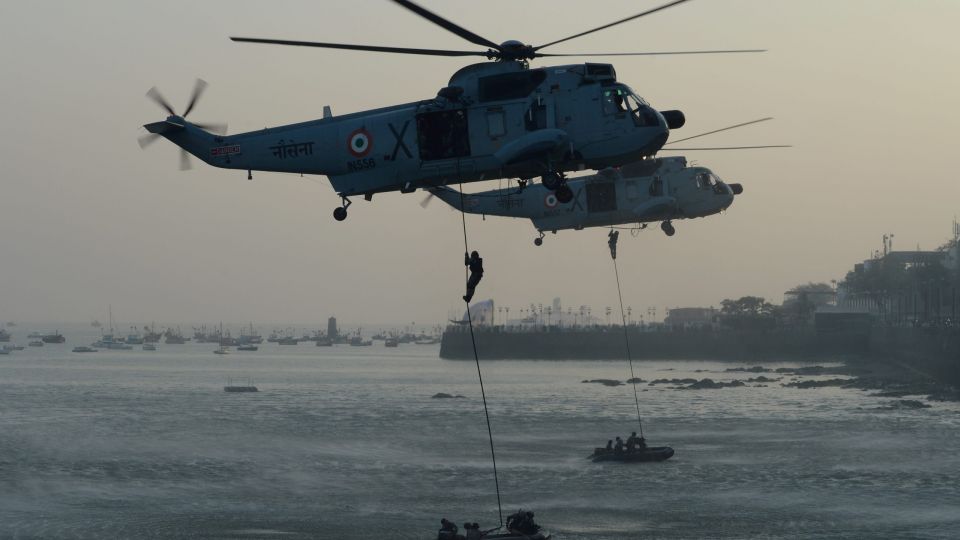February 22, 2019
The decision follows the suicide bombing in Kashmir which India blames on terrorists groups harbouring in Pakistan.
In perhaps a major decision aimed at ‘choking’ Pakistan after the dastardly 14 February Pulwama terror attack carried out by the Jaish-e-Mohammad, India on Thursday announced that it will divert its share of unutilised water from the eastern rivers that flow into the neighbouring country.
“Under the leadership of (Prime Minister Narendra Modi), our government has decided to stop our share of water which used to flow to Pakistan. We will divert water from eastern rivers and supply it to our people in Jammu and Kashmir and Punjab,” Water Resources Minister Nitin Gadkari tweeted on Thursday.
The decision follows the suicide bombing in Kashmir carried out by a terrorist of the Pak-based JeM which killed 44 CRPF troopers.
“The construction of dam has started at Shahpur-Kandi on Ravi river. Moreover, Ujh project will store our share of water for use in J&K and the balance water will flow from 2nd Ravi-BEAS Link to provide water to other basin states,” Gadkari said in a second tweet, adding that all the projects are National projects.
Gadkari had on Wednesday hinted at the decision to divert waters at an event in Baghpat.
“Following the partition, India and Pakistan got three rivers each but the water from our rivers was going to Pakistan. Now we are planning to build a project and divert the water from these three rivers into Yamuna river. Once this happens, river Yamuna will have more water,” he said.
Gadkari was referring to the flow of water as per the Indus Water Treaty, which was signed on 19 September 1960 by then Indian Prime Minister Jawaharlal Nehru and Pakistani President Ayub Khan.
In November 2018, India had decided to fast-track the three projects on the ‘eastern’ rivers to arrest the unutilised water of its share under the bilateral treaty with Pakistan.
According to the treaty, Pakistan gets 80 per cent access to the water of the three of India’s ‘western’ rivers — the Indus, the Chenab and the Jhelum – and India got the three ‘eastern’ rivers – the Beas, the Ravi and the Sutlej – which have a flow of 33 million acre-feet (MAF).
India can use the western rivers but for consumption purpose only. The treaty places restrictions on building of storage systems and also states, with exceptions, that India cannot build irrigation systems on the western rivers.
Though the treaty was never abrogated in spite of the wars that India and Pakistan fought, it came under great scrutiny following the Uri terror attack. At the time, the clamour for the abrogation of the treaty was so intense in India that the United Nations pointed out that the treaty has withstood three wars.
Following the Pulwama terror attack, India immediately revoked the Most Favoured Nation (MFN) status accorded to Pakistan in 1996 and also hiked tariff on imports from Pakistan by 200 per cent.


